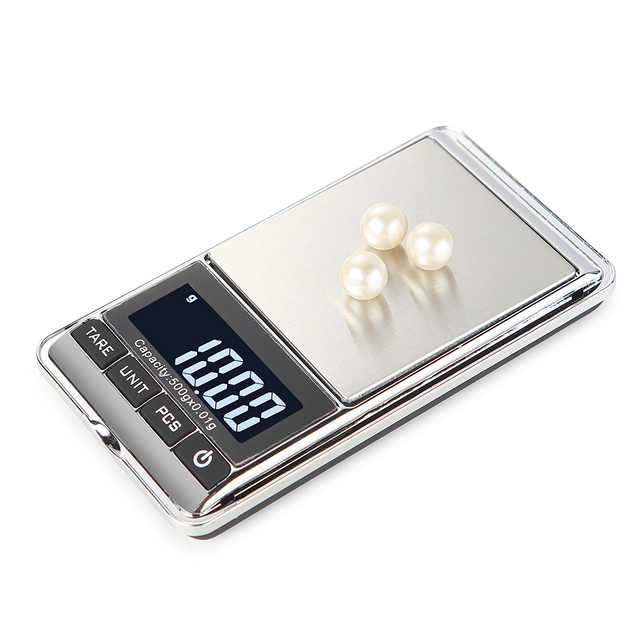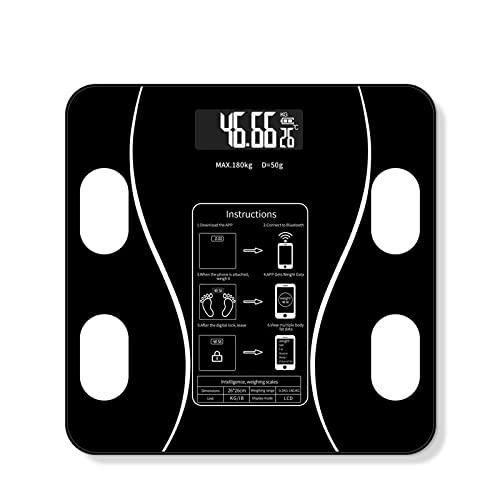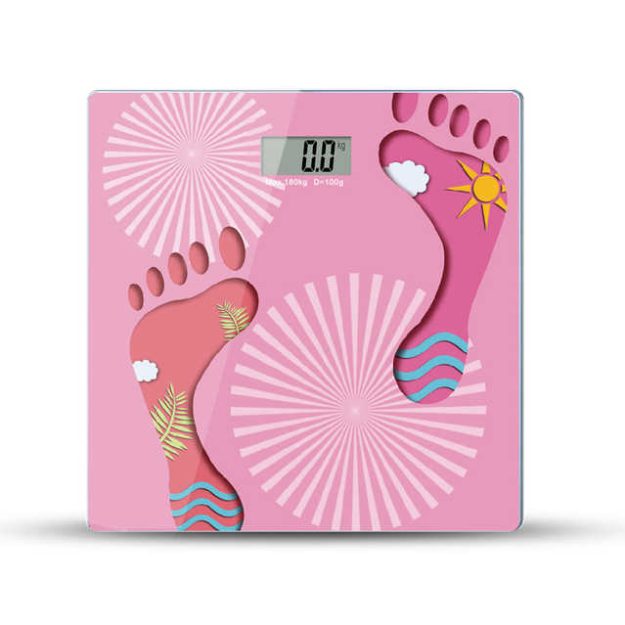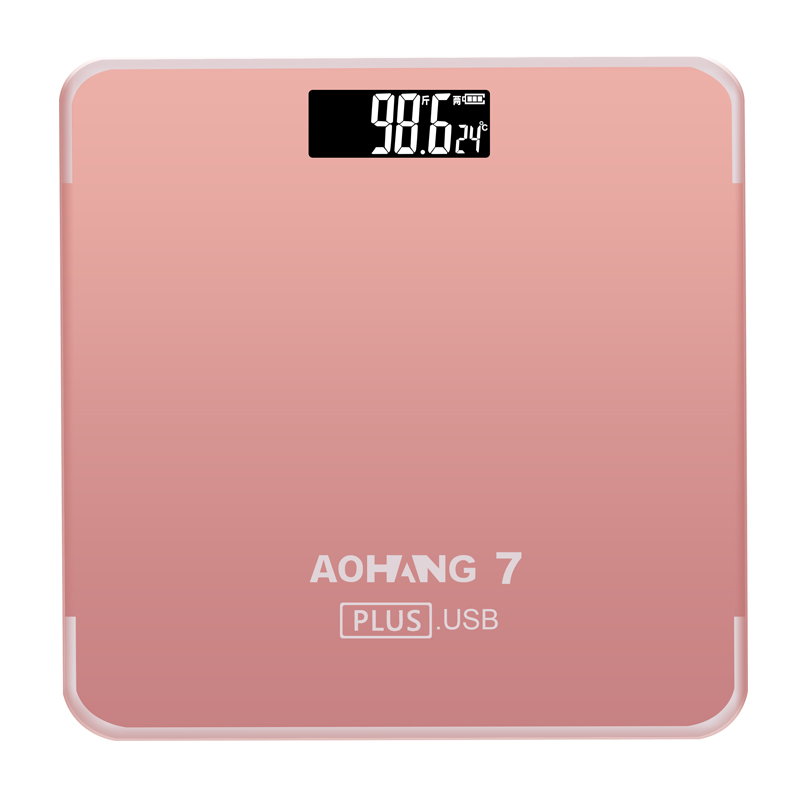Pocket Weighing scales price. When it comes to precision and portability in weight measurement, pocket weighing scales stand out as an indispensable tool.
These compact and highly accurate scales are used in various fields, including jewelry, laboratories, pharmaceuticals, and even for personal use.
Understanding the price range and factors that influence the cost of pocket weighing scales is essential for making an informed purchase.
This comprehensive guide will delve into the pricing, features, benefits, and considerations when purchasing pocket weighing scales.
Understanding the Price Range of Pocket Weighing Scales
The price of pocket weighing scales can vary significantly based on several factors, including brand, precision, capacity, and additional features.
Generally, pocket weighing scales can be categorized into three price ranges:
- Budget-Friendly (Under $20):
- These scales are ideal for basic weighing tasks and typically offer good precision for everyday use. They are popular among hobbyists and those looking for an affordable option without advanced features.
- Mid-Range ($20 – $50):
- Mid-range pocket scales provide better precision, higher capacity, and additional features such as backlit displays, tare functions, and more durable construction. They are suitable for professional use in various fields.
- High-End (Above $50):
- High-end pocket scales offer superior precision, advanced features, and robust build quality. They are designed for professional applications that require highly accurate measurements, such as in laboratories, gemology, and pharmaceuticals.
Factors Influencing the Price of Pocket Weighing Scales
- Precision and Accuracy:
- The level of precision and accuracy is a primary factor influencing the price. Scales with higher precision (down to 0.001 grams) are typically more expensive due to the advanced technology required.
- Capacity:
- The weighing capacity of the scale also affects the price. Higher capacity scales (up to 500 grams or more) are generally more costly.
- Brand Reputation:
- Established brands with a reputation for quality and reliability often have higher prices. Brands like Ohaus, My Weigh, and American Weigh are known for their precise and durable scales.
- Build Quality:
- Scales made with high-quality materials, such as stainless steel weighing platforms and durable plastic housings, tend to be more expensive. These materials enhance the longevity and reliability of the scales.
- Additional Features:
- Features such as digital backlit displays, multiple weighing units, auto-calibration, tare function, and data connectivity options (USB, Bluetooth) can add to the cost of the scales.
- Portability and Design:
- The compactness, design aesthetics, and ease of use also influence the price. Sleek, portable designs that are user-friendly often come at a premium.
Benefits of Using Pocket Weighing Scales
- Portability:
- Pocket weighing scales are compact and lightweight, making them easy to carry and use anywhere. This portability is ideal for professionals who need to take measurements on the go.
- Precision:
- Despite their small size, pocket scales offer high precision, making them suitable for tasks that require accurate measurements, such as weighing gemstones, medications, and culinary ingredients.
- Versatility:
- These scales can measure in various units (grams, ounces, carats, grains), making them versatile for different applications. They are used in jewelry making, kitchen measurements, laboratories, and more.
- Ease of Use:
- Pocket scales are designed to be user-friendly, with simple interfaces and clear displays. This makes them accessible to both professionals and hobbyists.
- Cost-Effective:
- Pocket scales provide an affordable solution for precise weighing needs. They are a cost-effective option compared to larger, more complex weighing systems.
Considerations When Purchasing Pocket Weighing Scales
- Purpose and Application:
- Determine the primary use of the scale. Whether for personal use, professional applications, or hobbyist activities, choose a scale that meets your specific needs.
- Required Precision:
- Consider the level of precision required for your tasks. For highly accurate measurements, invest in a scale with higher precision.
- Capacity Needs:
- Ensure the scale has a sufficient capacity for your weighing requirements. Scales with higher capacities are more versatile for different applications.
- Durability:
- Look for scales made with durable materials to ensure longevity, especially if the scale will be used frequently or in different environments.
- User Reviews:
- Reading customer reviews can provide insights into the performance and reliability of the scale. Look for reviews that highlight accuracy, ease of use, and durability.
- Warranty and Support:
- Check if the scale comes with a warranty and reliable customer support. This can provide peace of mind and assistance in case of any issues.
- Calibration:
- Ensure the scale can be easily calibrated and consider whether it comes with calibration weights. Regular calibration is essential for maintaining accuracy.
- Price vs. Value:
- While price is an important factor, prioritize the value and features the scale offers. Sometimes, spending a bit more can provide better accuracy, reliability, and functionality.
Conclusion
Pocket weighing scales are essential tools for precise and portable weight measurements across various applications.
Understanding the price range and factors influencing the cost can help you make an informed decision.
Whether you need a budget-friendly option for simple tasks or a high-end scale for professional use, there is a pocket weighing scale to meet your needs.
Consider the purpose, precision, capacity, and additional features when selecting the right scale, and prioritize value over the lowest price to ensure you get a reliable and accurate weighing instrument.
We are located at University Plaza Room A18 Bombo Rd, Wandegeya – Kampala
For more details please contact us on ; +256 (0) 700225423
+256 (0) 787089315
Or email us at:[email protected]








